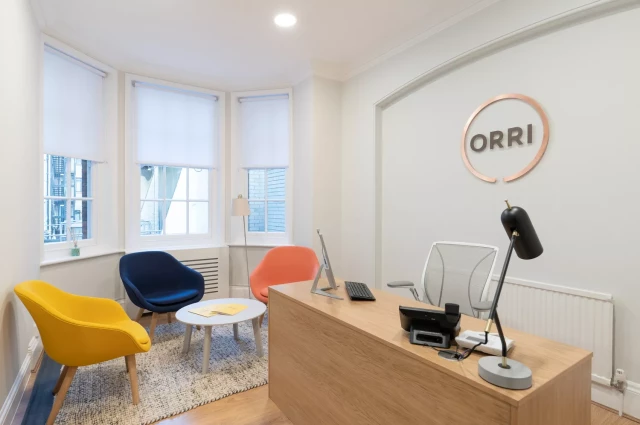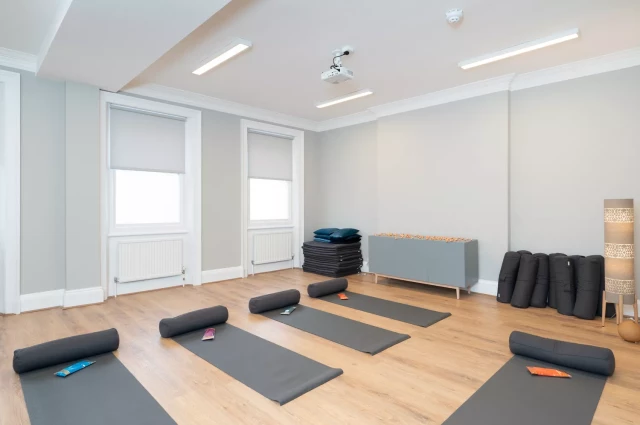Orlando VAMC Viera VA Clinic Information
Treatment
Who We Treat
- Young Adults (18–25)
- Older Adults
- Male and Female
- Veterans
- LGBTQ+
Approaches
- Twelve Step
- Group Therapy
- Family Therapy
- 1-on-1 Counseling
- Cognitive Behavioral Therapy (CBT)
- Twelve Step Facilitation
- Dialectical Behavior Therapy (DBT)
- Nutrition Counseling
Conditions We Treat
- Post Traumatic Stress Disorder
- Perinatal Mental Health
- Trauma
- Eating Disorders
- Chronic Pain Management
- Anger
Substances We Treat
- Chronic Relapse
Aftercare
- Outpatient Treatment
- Recovery Coach
- Intensive Outpatient Program
- Employment Counseling
- Continuing Care
- Support Meetings
Level of Care
- Outpatient
Experience
Smoking and Vaping Policy
- Smoking Not Allowed
- Vaping Not Allowed
Accreditations
-
The Joint Commission
The Joint Commission, previously known as JCAHO, is a nonprofit organization that accredits rehabilitation organizations and programs. Established in 1951, its mission is to enhance the quality of patient care and showcase excellence in healthcare delivery.

Orlando VAMC Viera VA Clinic Accepts The Following Insurance Plans
Find the best treatment options. Call our free and confidential helpline today!




